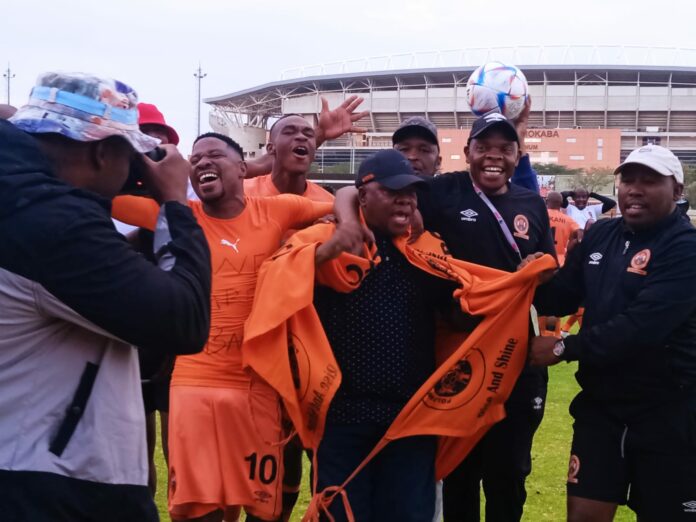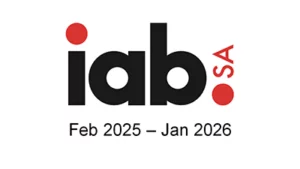Stellenbosch FC coach Steve Barker says they might have wealthy investors but they will continue to develop and do things differently by not signing already-made players.
Barker maintains the best way for them to progress is through development like they have done which has brought success on and off the field.
Behind the scenes is Johann Rupert, a South African billionaire businessman, who is the chairman of the Swiss-based luxury goods company Richemont and the South Africa-based company Remgro. Rupert and his family were ranked the richest in South Africa in 2023 according to Forbes list, with an estimated net worth of US$10.7 billion.
But contrary to popular belief, Rupert is not involved in the running of the club, but rather it is one of the subsidiaries under the umbrella of businesses he owns.
Six years ago the Stellenbosch Academy of Sport, which is owned by Remgro, purchased the Stellenbosch franchise, enhancing Remgro and SAS’s local community engagement.
Since SAS acquired the club, under the stewardship of chairman Rob Benadie, instead of pumping money into the squad, it has been the other way around – giving local players a chance to play at the highest level, with a limited budget.
Whenever those players have caught the eye of other clubs, the club has not stood in their way but they sold the players.
Barker, after leading Stellies to the Carling Knockout Cup final by beating Richards Bay at King Zwelithini Stadium on Saturday, said that is who they are – giving players chances, especially in Stellenbosch, where Rupert was born.
“We were each asked a question, actually on Thursday, each asked the question of what makes you feel special and to be part of this group,” said Barker when asked why the club has resisted buying already made players.
“I actually said – to be part of this club – we don’t buy opportunity but we create opportunities and I think that is the way we do things and we will continue to create opportunities.
“To see Olwethu Makhanya and now coming back from the MLS (which is in the off-season), it looks like he has an Adidas sponsor somewhere because he looked sharp there.”
Makhanya, who was sold by Stellies to Philadelphia Union in July, was in the stands to watch his former club beat Bay and went down to hug every member of the team at the final whistle.
“To see someone like that, coming back to supporting the team, the player like (Sbongiseni) Mthethwa (sold to Kaizer Chiefs) congratulating us for sending messages for making the final, so we create opportunities, we don’t buy opportunities,” continued Barker.
“I think laying a foundation has long-term success. They were times in the second year of our promotion, we were almost relegated. Jaydon Adams only had 20 or 30 caps and Devin Titus had few caps, we were a young team – the second-year syndrome is always difficult.
“But always said that short-term risk but long-term gain and that is what we are starting to see. We are starting to see the rewards of investing in young players, and giving them opportunities. I think we laid a good foundation and it can be seen – players have gone but we still have the ability to be competitive.
“You look at Sihle Nduli, he stepped up for a player like Mthethwa and Darrel Matsheke has done a great job. Junior Mendieta went (to Mamelodi Sundowns) and we got Anicet Oura, KG Sekgota, and Antonio van Wyk in those positions. It is all about good planning, having a long-term vision and knowing that you may lose players but have contingency plans.”
Barker’s youthfulness side will now face TS Galaxy in the Carling Cup final at the Moses Mabhida Stadium on 16 December.




